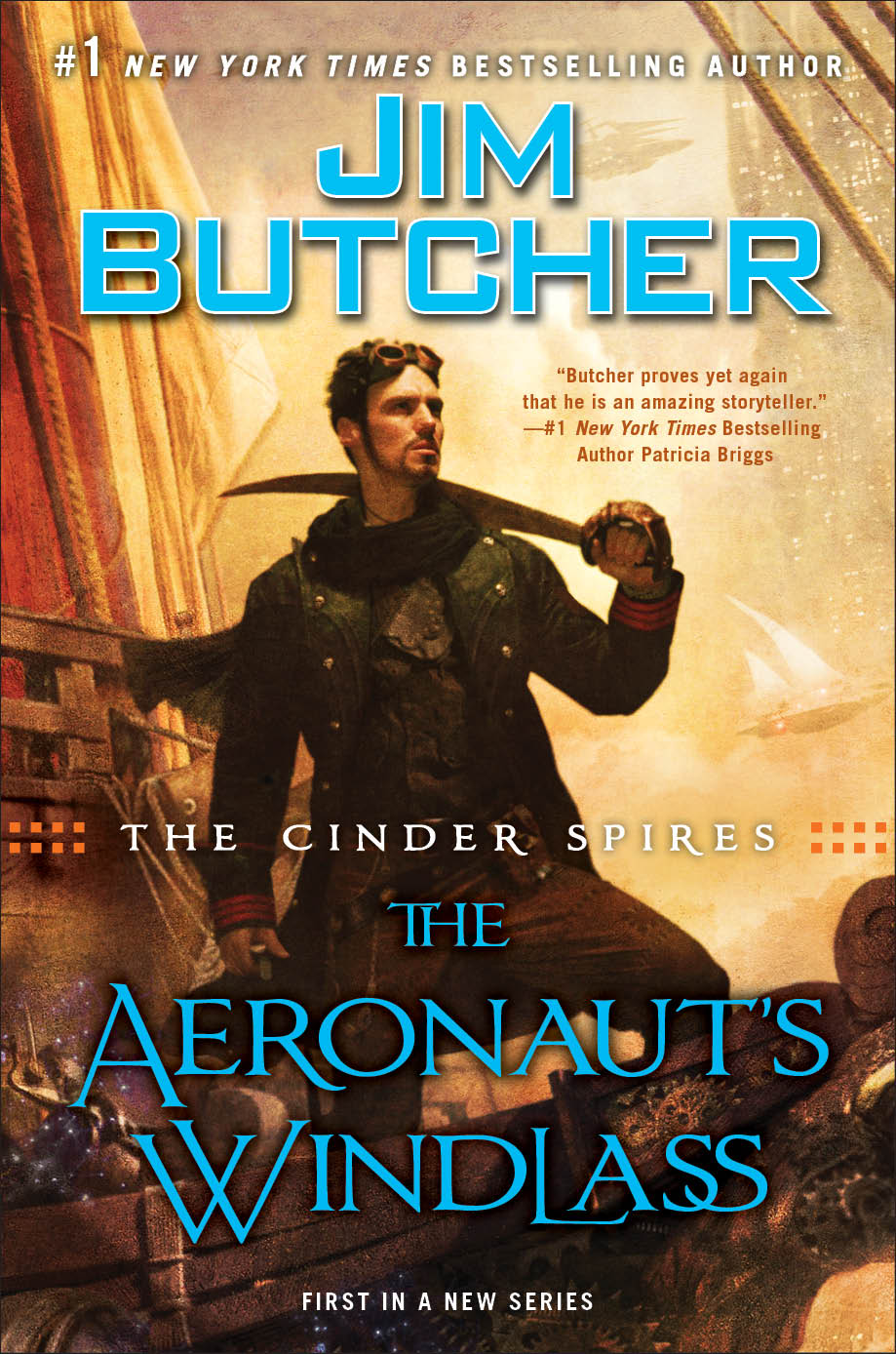Okay, I was just looking for something new to read, when I saw these two book covers and had to take a look. These are the first two (for there does seem to be more on the way. Charlotte E. English appears to be very prodigious) of the House of Werth series. The best way I can describe them is Victorian Addams Family. Yes, really.
The series revolves around Augusta “Gussie” Werth, as we’re introduced to her in Wyrde and Wayward. I have mentally pronounced that first word “weird” and not “word”, but I could be wrong. The Wyrde, in this case, is some sort of supernatural happening that occurs to people in general in this world, but to the Werth family more than most. And they embrace it lovingly, very much like the Addams Family.
Gussie, as we are introduced, is the only Werth in living memory to not get a Wyrde on her third birthday, when Werths traditionally get Wyrded. Examples of Wyrdes are her aunt who can control ice (and occasionally turns into an ice statue), her cousin who is a vampire who eats only rabbits (It just wouldn’t be done to savage the lovely, pale neck of some delicate lady) and her great, great uncle Sylvester who haunts a cathedral grotesque.
The action starts off when Gussie gets kidnapped by an old friend of her aunt (and, as per some sort of tradition with steampunk/Victorian writers, both of her parents are quite dead and her sister married off already) and whisked away to the sumptuous and slightly sinister Starminster, home of Lord Maundevyle (yes, the unmarried Lord Maundevyle) and his weird ass family. Much to his chagrin, because he had no idea that they had kidnapped the poor girl. They, too, are very Addams like, only they haven’t been Wyrded in ages.
Which brings us to why they kidnapped Gussie. Unbeknownest to her, she is not un-Wyrded. Her Wyrde is the bring on the Wyrde in those who have only a dormant Wyrde. Think of it kind of like Magneto’s contraption in X-Men, only without the unfortunate watery collapse. That being said, in the middle of a ball, she accidentally turns poor Lord Maundevyle into a dragon.
Surprised and not the least bit put out, Lord Maundevyle escapes, carrying Gussie away with him and to…a cave. Yes, I know, dragons, virgins and caves. All very cliche, but I think deliberately so here.
When Gussie figures out it was she who triggered the change, she grows very upset with her Aunt Werth, whom apparently long suspected Gussie’s hidden Wyrde, but never spoke to her about it. It takes a long time and an old family ritual, but eventually Lord Maundevyle learns to control his bedragoned state and switch between that and his human.
Book the second, Wyrde and Wicked follows closely on the heels of the first and concerns Gussie and her family (and the occasionally dragoned Lord Maundevyle) tracking some very demonic books, one of which belongs to her family. Shenanigans are rife on the ground, including dragon sized créme anglaise, raising the occasional dead family member and talk of engagements.
I can’t impress upon you enough: If you like steampunk/Victorian novels and the Addams Family, you will probably love this series. I’m still trying to make up my mind on whether or not I actually like the character of Gussie though. I feel she’s a bit of an idiot. There’s something to be said for dashing off where angels fear to tread, but it feels like she learns nothing at all.
That said, I will be reading the rest of the books when they’re released. I did so enjoy them. They’re quick reads too, so if you need something a little on the lighter side given the current atmosphere, I’d pick these up. Rating: B+. Not quite up to Gail Carriger’s humorous steampunk writing, but enjoyable all the same.



